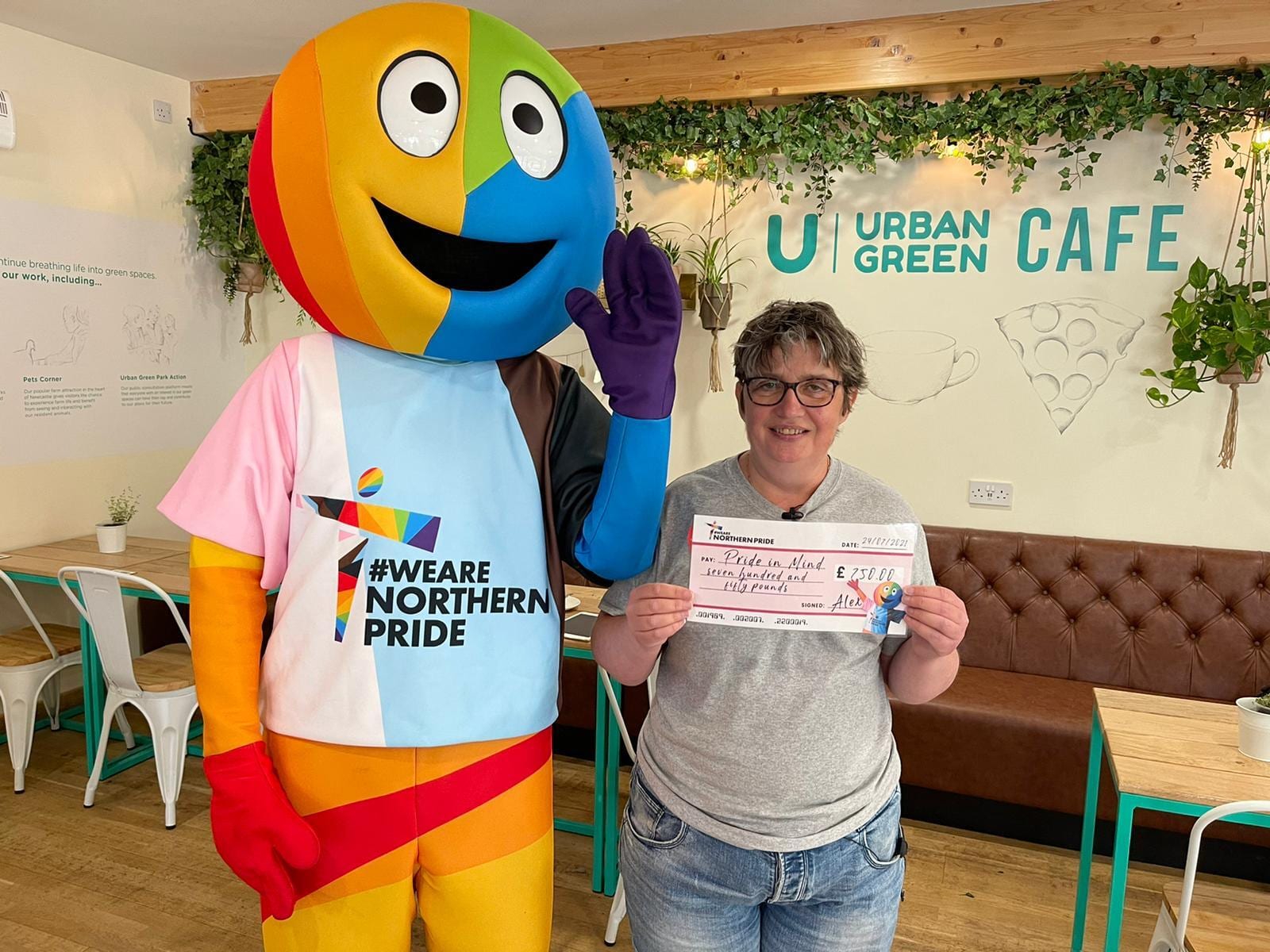
In this blog, Marcia Ash, Co-facilitator and Psychotherapist at Pride in Mind shares her experience working in the voluntary and community sector (VCS) during the Covid-19 pandemic. Marcia explores the mental health implications on VCS workers.
“When the Covid-19 pandemic hit I took on a lot more work than I usually do within the organisation. I am trained in psychotherapy so I looked at what I could offer, and was able to provide direct support to our members over the phone when they were no longer able to attend the group in person.
The Covid-19 pandemic has led to more people needing emotional support and it’s been even harder for our group because participants’ usual meet up places have closed. A lot of the LGBTQ+ scene is based around socialising and people have had nowhere to go. Then there’s others that used to come to us but aren’t anymore because they’ve got used to being inside and not having that support.
Outside of working with Pride in Mind, counselling and psychotherapy is my full time job so I know what support people need, how to sign post people, and how to spot signs that people are in need of mental health support. The issue is other people in the voluntary sector don’t have that training.
Some people just want to do nice things, they want to start a community football team or an arts and crafts session to bring people together, and now they’ve found themselves dealing with complex mental health needs.
I’ve seen a lot of issues within statutory services; when I’ve referred people there’s been no beds, and people aren’t being taken on by Improving Access to Psychological Therapies (IAPT). Participants, volunteers, staff, everyone has faced a lot of hardship and bereavement and statutory services haven’t been able to keep up with it.
All of this is a lot of added pressure on voluntary workers. My Clinical Supervisor* made me realise that when I started the phone support service for Pride in Mind participants, I effectively took on 17 new clients overnight. I hadn’t thought of it like that but it was definitely a lot of added pressure.
Thankfully I get a Clinical Supervisor, to assist in my own resilience in relation to my work and I received further support to assist with the challenges of this period relating to my own mental health whilst supporting people.
A lot of people working in the voluntary sector don’t get this, when they’ve had to hear a participant say they want to kill themselves they have no one to share that with and help them overcome that. Specialist 1 to 1 support is essential because otherwise down the line it can turn into Post Traumatic Stress Disorder (PTSD), and complex/prolonged/traumatic grief and this is a serious concern I have for lots of people right now.
Larger charities have access to an Employee Assistance Programme (EAP), if it’s a smaller organisation they don’t have the funding to pay into those so where do those workers and volunteers get their support from. We have taken on so much during the Covid-19 pandemic and people are still dealing with a lot more than they signed up for in volunteering or working for small voluntary sector organisations now.
People that work in this sector are passionate about it and want to help but we need resources, training, and support to be able to do so.”
In June, People's Health Trust published a report on the mental health of VCS workers. . The Trust is calling for a co-ordinated strategy to support grassroots VCS workers to ensure community groups can continue providing essential support to their communities. Read the report below.
* Clinical supervision is a formal process of professional support, reflection and learning that contributes to individual development. It used in counselling, psychotherapy, and other mental health disciplines as well as many other professions engaged in working with people.
Marcia Ash
Marcia is Co-facilitator and Psychotherapist at Pride in Mind.

